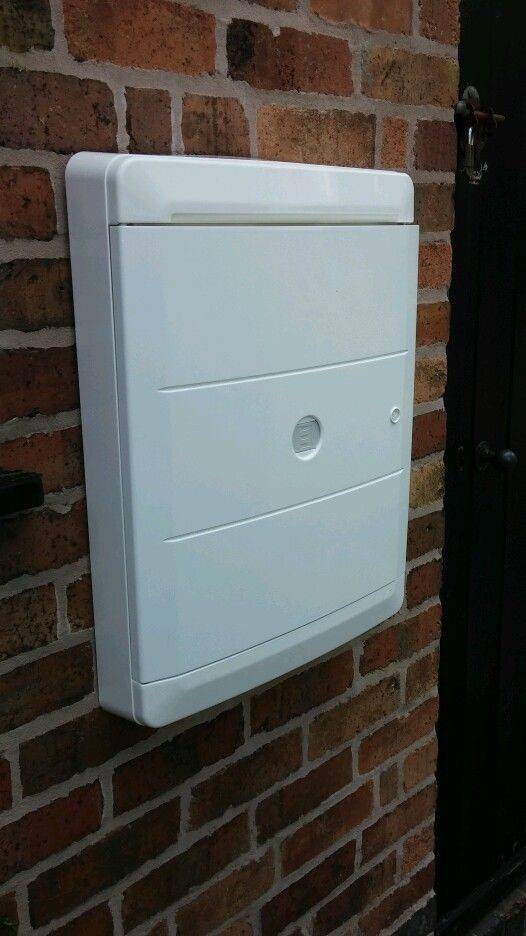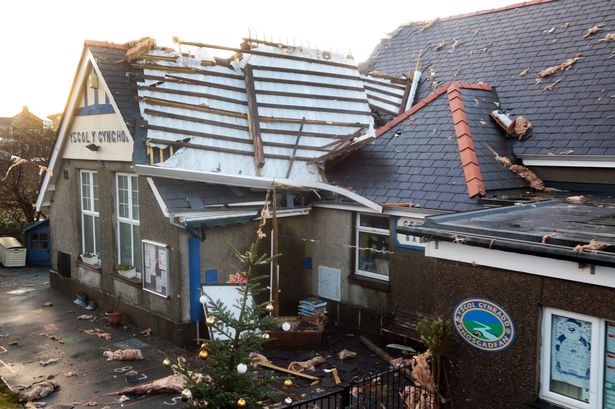The British weather can be a trifle unpredictable and winter often brings with it, high winds, snow, ice and even flooding. All of these have the potential to cause considerable damage to your property. We’ve already experienced some bad storms and winter has only just begun.
Storm damage is something that can occur when the normally miserable weather takes a turn for the worse. For example, gale force winds can lift roof tiles, flood water can enter homes, falling trees can damage buildings, cars and even kill people. Wind can rip meter box doors off their hinges and overturn garden equipment. For Gas Meter Box replacements, visit https://www.meterbox.co.uk/gas-meter-boxes

Check your home insurance policy to see what you might be covered for. Unfortunately, whether your home is covered or not for storm damage is a bit subjective. Normally, to meet the criteria, your property would have to have experienced extremely strong winds in excess of 54mph, sleet or snow.
Different insurers define storms in different ways and many only provide a 24-hour window to claim for damage after a storm. It’s important to make a claim as soon as possible, take lots of photos and don’t discard any evidence.
Flooding can occur as a result of particularly bad storms. If you live in a flood-prone area, you should ensure your property has adequate defences in place to limit damage as much as possible.
Rain damage is harder to define, resulting from minor leaks or serious ones following a torrential rainstorm. If the damage is from a sudden downpour, you’re more likely to be covered by storm damage cover than damage caused by slow, gradual wet conditions.
Making a claim for storm damage will only be successful if you show that your home was already well-maintained, not covering any pre-existing or gradual damage or decay.
You should aim to regularly inspect your property during the winter for weather damage signs or issues that could be made worse by inclement weather conditions. Nipping things in the bud can help prevent problems getting too big.

Check for leaks and make sure your gutters are free from debris, dirt and loose roof tiles for example. Repair any damage found, so water isn’t leaking into your home.
Keep an eye out for missing roof tiles after windy weather.
Check windows for cracks or any damage to the sealing where rain could be entering the property.
Insulate pipes in icy conditions to prevent them from freezing and cracking under the pressure.



